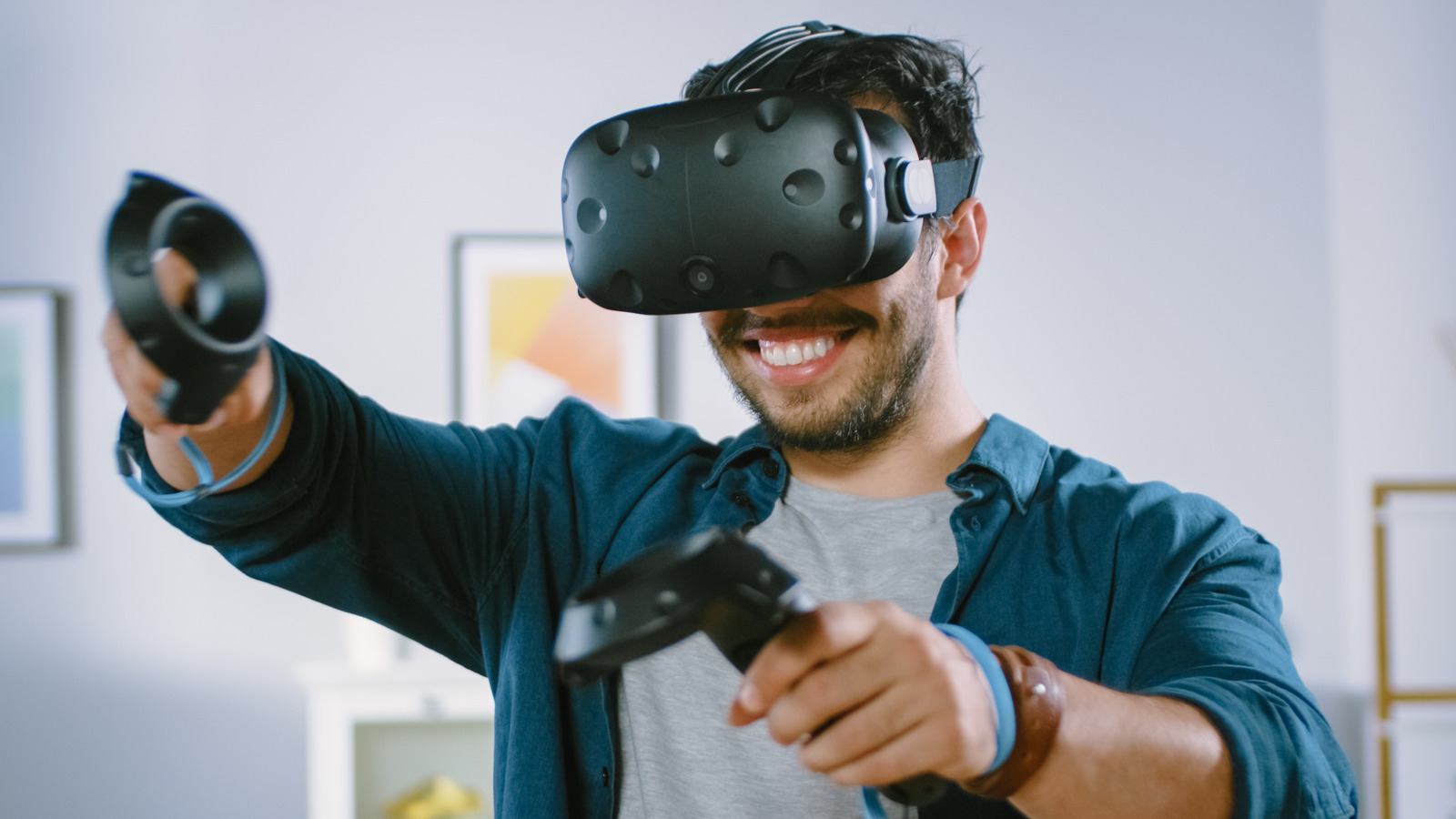
The headset comes equipped with front and side-facing cameras. The cameras that face outward provide the user with a color video feed, enabling MR experiences in games or even in virtual meetings. HTC itself is not yet certain what the MR function can be used for. Ye implied that some of it will appear after the release of the gadget, when developers have had the chance to work on supporting the headset. Support controllers will be bundled with the VR goggles, and those controllers track hand movements and offer six degrees of freedom.
The Verge draws comparisons between the HTC and the Meta Quest Pro, and Ye notes that HTC will be adding a depth sensor which didn’t make it into the Meta VR device. Ye also expects that the headset might be an upgrade in terms of its mixed reality options, allowing for things like reading from a laptop or a phone while wearing it.
The Verge speculates that this new device might not be cheap, though, and Ye does nothing to dispel that notion. HTC seems eager to ramp up some privacy settings on the device compared to its competition, but as a trade off, it won’t keep the price too low. “We’re in an era when consumer VR headsets have been massively subsidized by companies that are trying to vacuum up and take personal data to provide to advertisers. We don’t believe the way that we want to approach it is to compromise on privacy.”
The Meta Quest Pro launched with a $399 price tag, while HTC’s own Vive Flow was priced at $499. We may find out more from HTC during the upcoming CES 2023.
Stay connected with us on social media platform for instant update click here to join our Twitter, & Facebook
We are now on Telegram. Click here to join our channel (@TechiUpdate) and stay updated with the latest Technology headlines.
For all the latest Automobiles News Click Here
